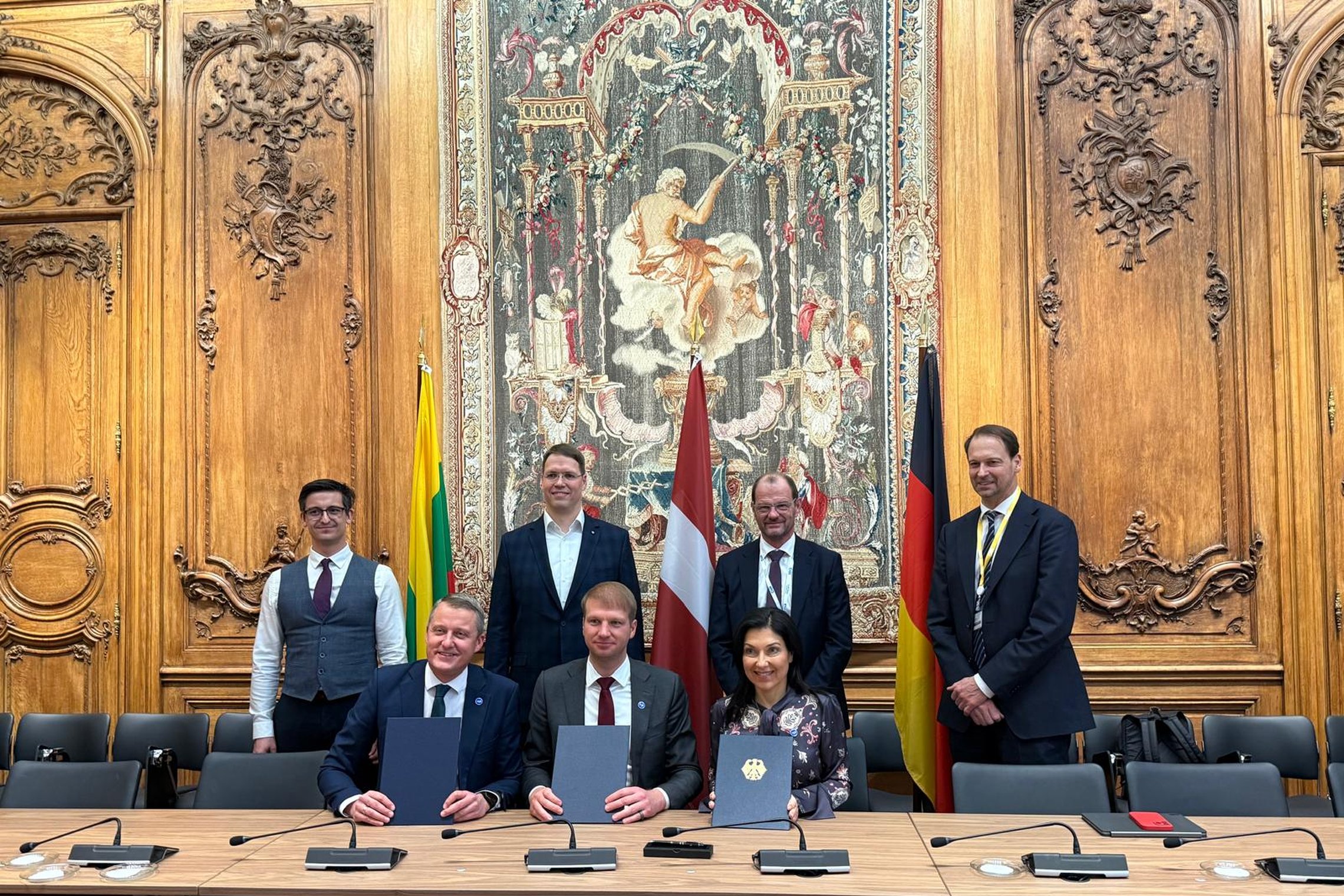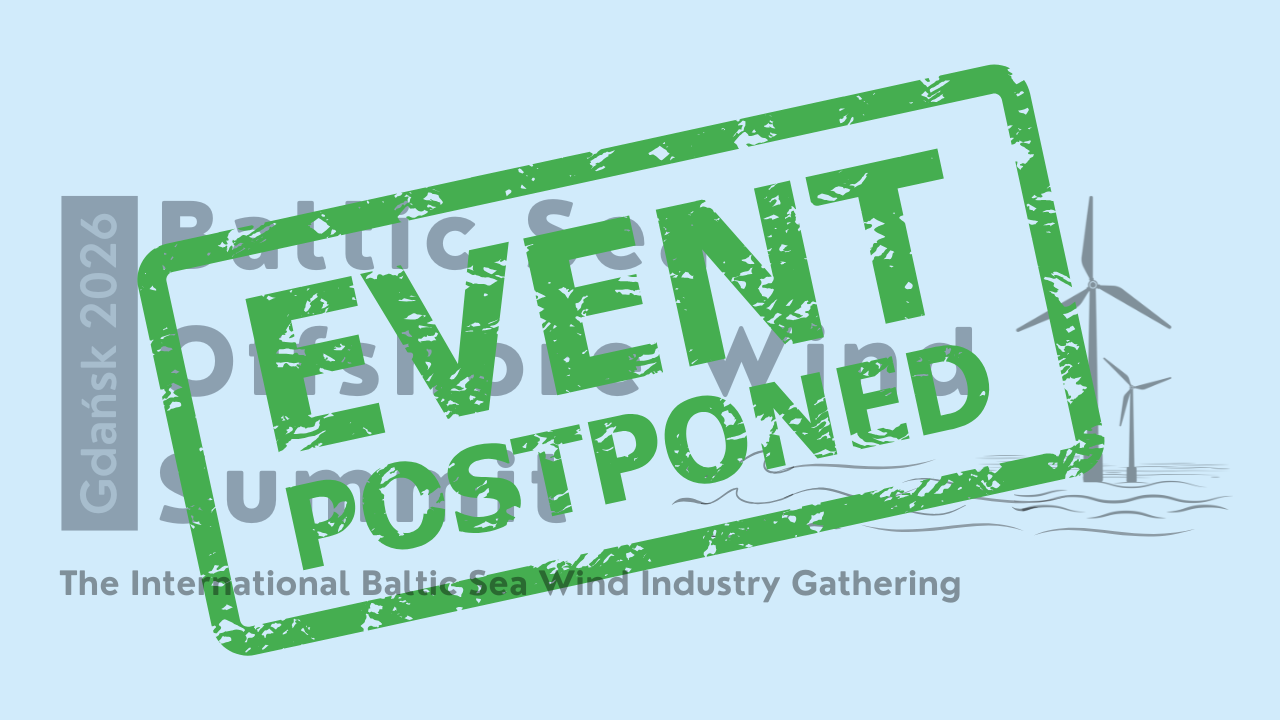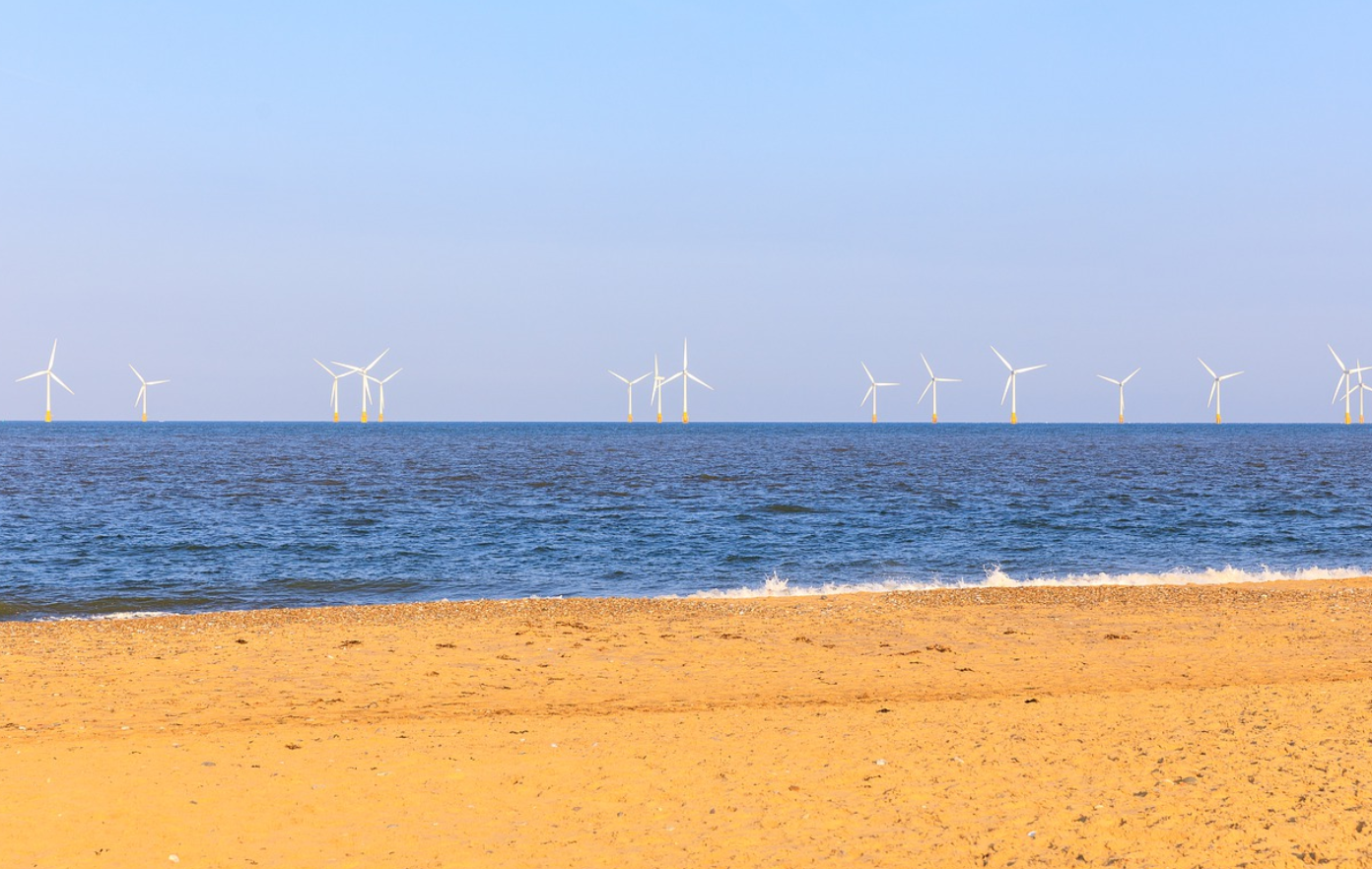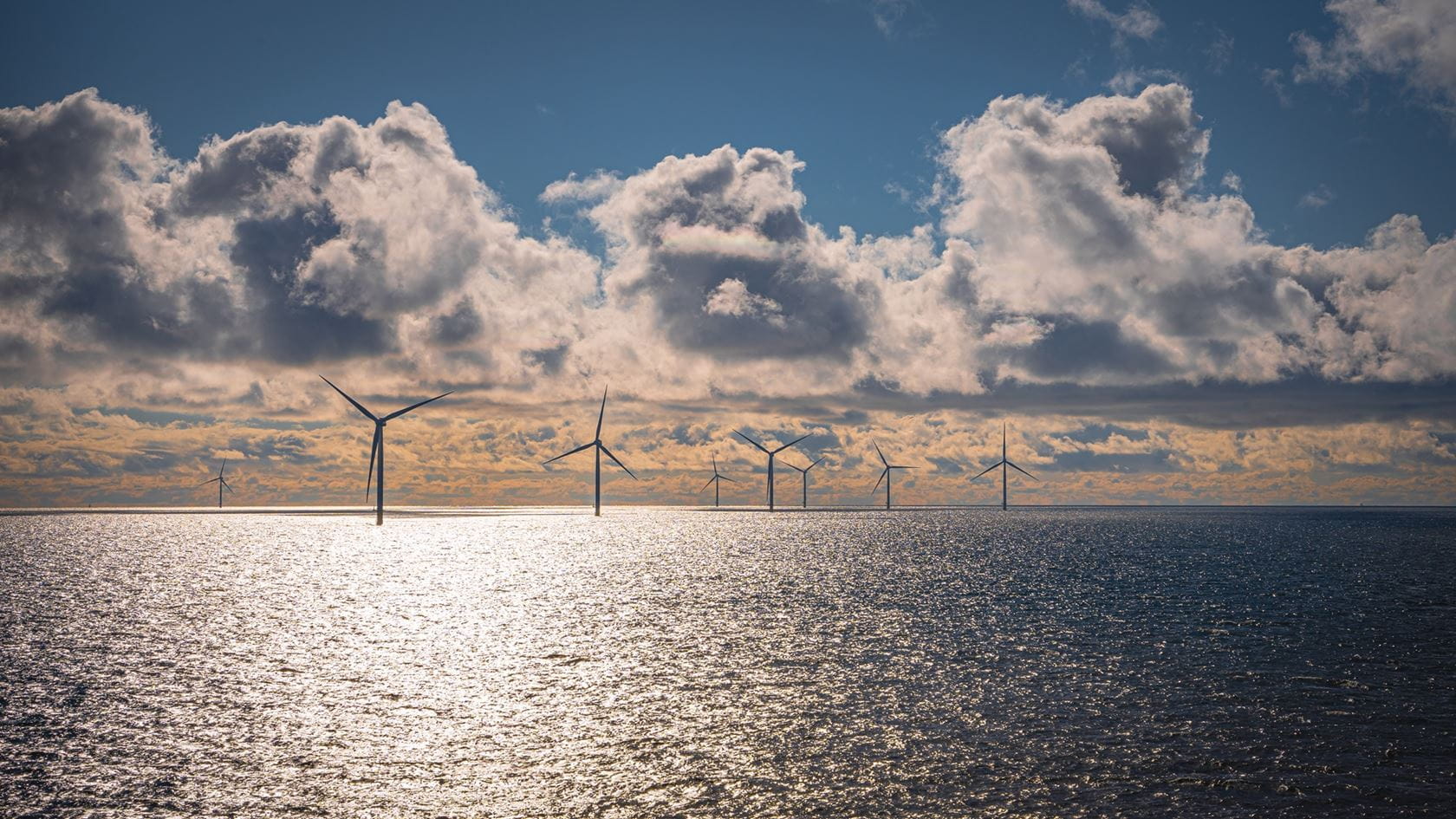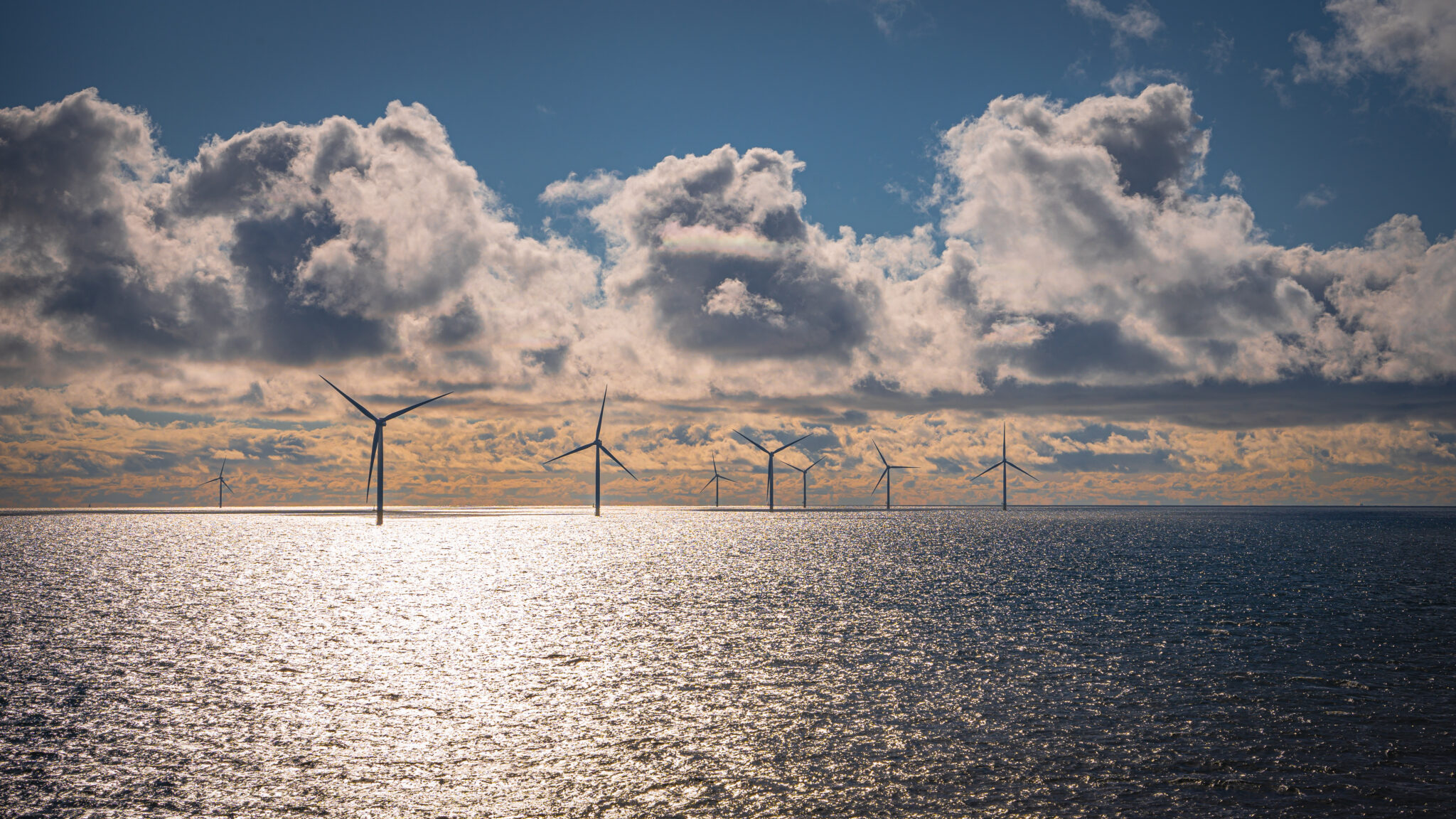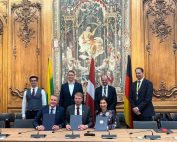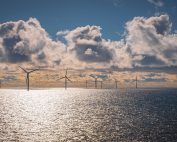In last year’s summary of the state of ‘local content’, I indicated that the foundation for the development of projects, businesses and innovations is already in place. Despite this, 2021 brought very few business plans, new investments, products or innovations.
2022 proved to be a much more optimistic year. It brought, among other things, a project for GRI Renewables to build an offshore wind tower factory in Gdansk, as well as an official announcement of a plan to build a Vestas wind turbine assembly plant in Szczecin, an installation port in Swinoujscie, or, unconfirmed but very likely, information about 2-3 new investments. What seemed to be the most disappointing for the Polish offshore wind industry – the lack of announcements of significant new players, capacity investments, partnerships, large contracts – seems to be turning around. It is encouraging that we are witnessing clarification of several industrial projects at the so-called Tier 1 and 2 level, which in their scale will trigger lower tiers of suppliers.
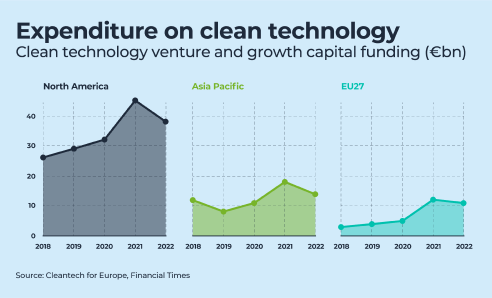
However, given a particular moment in European history, there should be an even stronger emphasis on the need to build new industrial projects. For several months now, we have been highlighting structural opportunities for new suppliers – pointing to continued pressure on costs across the supply chain, trends of nearshoring, diversification after the pandemic, carbon border tax in the long term, and synergies in unlocking the 10H rule for onshore wind farms. Now, in addition, the geopolitical environment that is changing before our eyes makes it necessary to urgently revise industrial policy, with a particular focus on products and services for the ‘net-zero’, i.e. the goal of decarbonising the European Union economy.
The European Commission’s plans set us in a clear direction, no longer only through the ‘fit for 55’ climate package, but today – through a new understanding of the industry’s role in decarbonisation. The European Commission’s February 2023 announcement outlined four pillars of support for ‘net-zero’ projects in supply chains. These are reflected in the so-called ‘Net-Zero Industry Act’ i.e. the first of the EC’s legislative proposals in this area, which was presented in March this year.
The entire article is available in the Quarterly Country Report Q1/2023

